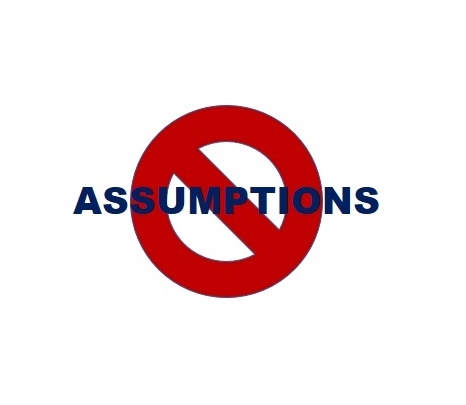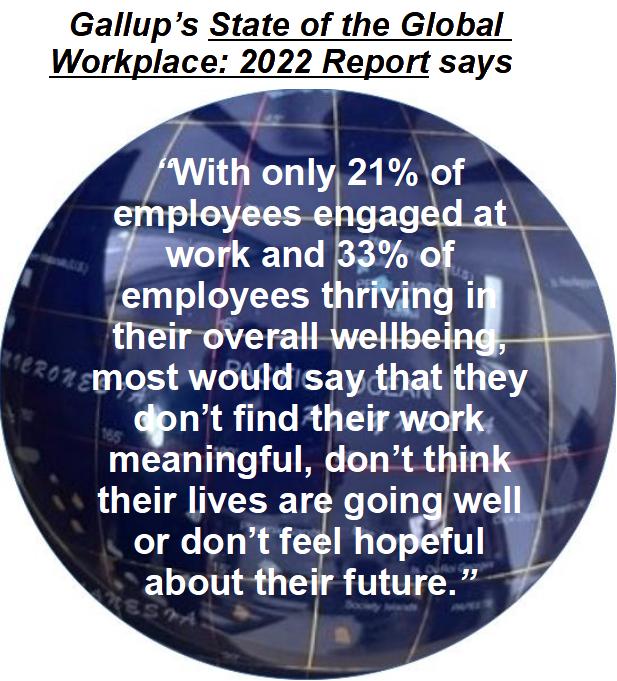 As a leader, I have a firm belief that I should never ask anyone to do something that I would not be prepared to do myself. So one Saturday when I had asked Anna, one of my team members, to come in to work on something with a tight deadline, I decided that I would go in as well to give her a hand. Imagine my confusion when she reacted angrily and barely spoke to me.
As a leader, I have a firm belief that I should never ask anyone to do something that I would not be prepared to do myself. So one Saturday when I had asked Anna, one of my team members, to come in to work on something with a tight deadline, I decided that I would go in as well to give her a hand. Imagine my confusion when she reacted angrily and barely spoke to me.
Based on my belief, I had assumed Anna would appreciate my coming in to support her. Surely her beliefs and assumptions couldn’t be so far from mine? As it turned out, they were quite different and compelling. Anna’s belief was that bosses only came in on a weekend when they didn’t trust their employees. The assumption she made when she saw me arrive, was that I had come in to supervise her and that I didn’t trust her to work on her own. Since she saw herself as a competent self-starter, no wonder she was angry.
The disconnect between our perspectives was a revelation to both of us when we were able to sit down and talk openly and honestly about our beliefs and assumptions. Assumptions are the shortcuts we create from our beliefs that help us to react quickly in real world situations. Most of the time, assumptions make us more efficient and do no harm. However, when we fail to pay attention to their impact, they can also result in serious workplace and personal conflict.
As a leader, it was an AHA moment for me to realize that when relationships and communication suddenly break down, both the root cause – and the healing solution – can often be found in honest re-examination and sharing of beliefs and assumptions.
Ida Kmiec, Professional Coach

